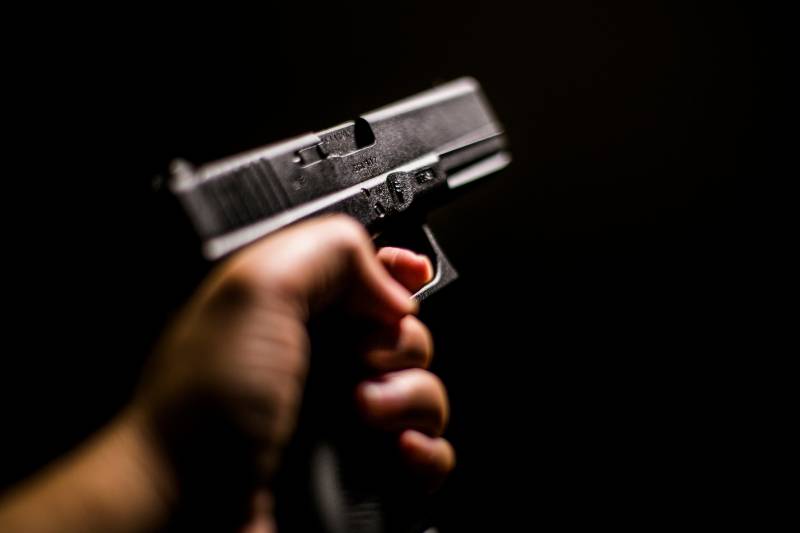The findings follow statistics published last fall by the CDC and FBI showing that the U.S. saw an unprecedented spike in murders in 2020, a jump of nearly 30% over 2019.
One possible explanation for the leap was stressors related to the COVID-19 pandemic, such as “changes and disruptions to services and education, social isolation, economic stressors such as job loss, housing instability and difficulty covering daily expenses,” said Thomas Simon, the associate director for science at the CDC’s National Center for Injury Prevention and Control.
Deaths by gun have long been linked to economic factors like income inequality, unemployment and housing instability.
“When you look at the pandemic, things like job loss, economic stressors, social isolation — these were already hard hit communities,” Houry said.
Even as the number of gun homicides rose dramatically, most deaths caused by guns in the U.S. remained suicides, researchers said.
The rate of suicides using a firearm — about 8 per 100,000 Americans — stayed roughly steady in 2020, a trend that has held for several years.
But that finding comes as suicide rates overall trended down in 2020, said Mike Anestis, a professor at Rutgers University and the executive director of the New Jersey Gun Violence Research Center.
He pointed to the record gun sales during the pandemic as one likely factor. More than 20 million guns were sold in 2020, up from 12.4 million sold in 2019.
“I think the understated point in this paper is that the shift in demographics of firearm ownership and the surge in firearm ownership likely played a role in that,” Anestis said.
The overall proportion of homicides and suicides caused by firearms also ticked up, researchers noted. In 2020, 79% of all homicides and 53% of suicides involved guns — both numbers several percentage points higher than in preceding years.
“Both are unacceptably high when you look at the number of people that die from homicide or suicide in the U.S. We’ve got to do something about this because it’s preventable. These deaths are preventable,” Houry said.
If you or someone you know may be considering suicide, contact the National Suicide Prevention Lifeline at 1-800-273-8255 (En Español: 1-888-628-9454; Deaf and Hard of Hearing: 1-800-799-4889) or the Crisis Text Line by texting HOME to 741741.
Copyright 2022 NPR. To see more, visit https://www.npr.org.
9(MDAxOTAwOTE4MDEyMTkxMDAzNjczZDljZA004))

9(MDAxOTAwOTE4MDEyMTkxMDAzNjczZDljZA004))
